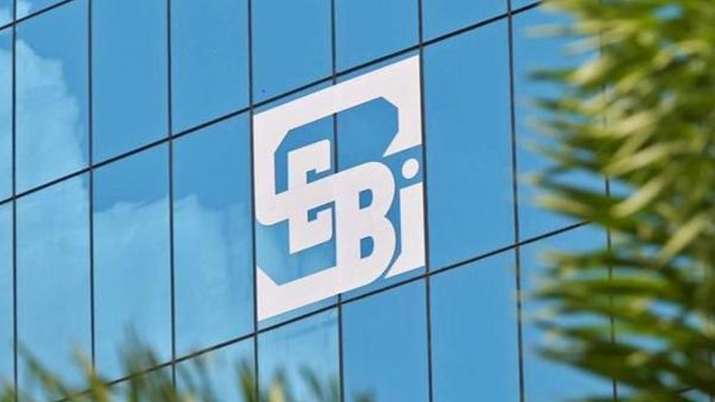
SEBI initiates T+1 settlement cycle to complete share transactions
Capital markets regulator SEBI has introduced T+1 settlement cycle for completing share transactions on alternate basis to increase liquidity in the market. Currently, trades on Indian stock exchanges are settled within two working days after the transaction (T+2).
As per a circular, the regulator has decided to provide flexibility to stock exchanges to offer either T+1 or T+2 settlement cycles for completing share transactions.
The stock exchange may choose to offer a T+1 settlement cycle on any stock, after giving at least one month advance notice, in respect of the change in settlement cycle, to all stakeholders, including the public at large, and its can also spread. Same on your website.
After opting for the T+1 settlement cycle for the scrip, the stock exchange has to mandatorily continue the same for a minimum period of six months. Thereafter, if the stock exchange intends to go back to the T+2 settlement cycle, it will do so by giving one month advance notice to the market. Any subsequent switch (from T+1 to T+2 or vice versa) will be subject to the minimum period and notice period as specified by the regulator.
The decision has been taken based on discussions with market infrastructure institutions such as stock exchanges, clearing corporations and depositories.
“There shall be no netting between T+1 and T+2 settlements,” the Securities and Exchange Board of India (SEBI) said.
The settlement option for the security shall be applicable to all transactions in the security on that stock exchange. For example, if a security is placed under T+1 settlement on a stock exchange, regular market deals as well as block deals will follow a T+1 settlement cycle on that exchange.
The regulator said the new framework will come into effect from January 1, 2022.
SEBI has directed stock exchanges, clearing corporations and depositories to take necessary steps to put in place proper systems and procedures for smooth commencement of T+1 settlement cycle on alternate basis.
Earlier in 2003, the regulator shortened the settlement cycle from T+3 rolling settlement to T+2.
The Association of National Exchange Members of India (NMI), a grouping of over 900 stockbrokers from across the country, in a letter to SEBI late last month, had raised concerns over issues related to the implementation of the T+1 settlement system. It had said that the T+1 settlement system should not be implemented without addressing the operational and technical challenges.
Read more: RBI widens tokenization to ensure security of card data
Read more: Mumbai airport registers nearly four-fold increase in passenger traffic in August
.